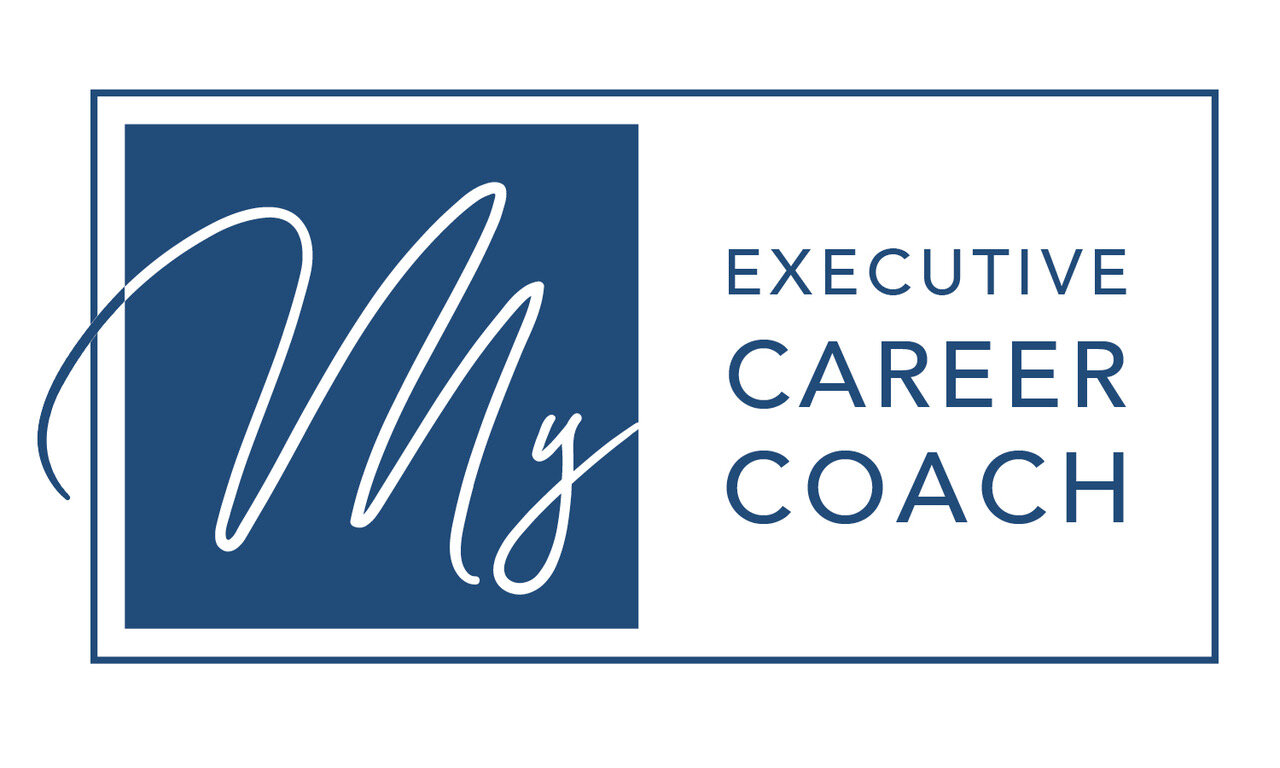By Linda Van Valkenburgh, MS,CCMC,CJSS,CSMCS
Landing your next dream job is a little more complicated than it used to be. With more talent in the market and an increasingly competitive landscape, executives are often finding that getting to the right available positions requires a little more legwork.
When you’ve made it through the networking and application phase, it is time to prepare for the most important part of your job search: the interview. You know the basics:
Show up early (if you’re on time, you’re late)
Dress to the nines – go with a business suit (gender appropriate)
Smile and be friendly to each person you meet
Send a thank you letter
In this post, we’ll dig deeper into the common job interview pitfalls that cost executives an offer – and how to avoid them.
Mistake #1: Relying Too Much on your Résumé
The résumé gets you in the door – now let’s maximize the opportunity!
Your résumé and experience are an important part of your story. But having a buttoned-up, impressive résumé is table stakes for the job hunt today. You can’t rely on experience alone to land you your next job – you have to bring a complete package and consider every aspect of the interview for opportunities to impress your potential employer.
Start with your appearance: don’t let an impressive résumé convince you to play it casual. Make sure you’re ready to eloquently and thoroughly speak to each of your previous experiences. After all, the richness and depth of your expertise can’t really be captured in two pages. Use validation stories that share your successes.
Put together a thorough prep sheet. Research the target company and include important attributes. It’s extra work that executives do before each interview.
Mistake #2: Stretching the Truth
When a potential employer asks whether you’ve managed a team of a certain size, or what your past salary was, it’s tempting to inflate the truth. Doing so could lead to more responsibility, more money, or other benefits as you enter a new job. But telling even a partial lie about your past is a dangerous, career-limiting move.
In this day and age, honesty is the best policy. With all of the social media and networking tools available, assume that your new employer will have access to the information (or at very least, the people who hold the information) about your past jobs. Don’t put yourself at a disadvantage. You won’t even have a chance to explain yourself – that opportunity will be long gone.
Mistake #3: Making Money a Priority
There’s no question that money is an important conversation in every job negotiation. The important part is when and who brings it up. Many executives have been passed over for prestigious jobs because their focus was on the money they’d make rather than the task at hand.
Your future employer is interested in how you’ll help the business and how you will be the solution to their problems. Focusing on the opportunity in front of you and the company you’re going to join will bring energy to the conversation and help you land the job you want. The money will come if you are the solution!
Mistake #4: Not Coming with Questions
As an executive, the level of your interview should be a professional conversation. This is a comfortable back and forth between the interviewer and you. You are not a new graduate or an entry-level associate that needs to be grilled with questions. The interviewer is looking for stories to show your experience and understanding.
Well before the interview, as you prepare your notes, think of questions you would like to explore. Take time to do research about the company’s positioning and goals, and formulate a list of smart questions – about the company and your role within it – so you can impress your interview and be sure they know you’re serious.
Mistake #5: Waiting for a Call
I’ve spoken to many candidates who, after an interview, feel frustrated that they haven’t heard anything back from a potential employer. The truth is that for many companies, hiring falls down on the priority list because the staff is busy making sure the business is running smoothly!
I suggest writing a powerful thank you letter. Indicate in the closing line that you will call them on a specific date (Tuesday October 7th or Friday October 10th). Aim for a date about one week from the interview.
Making a follow-up phone call not only gets you answers more quickly, it also shows your potential boss that you’re eager and excited to learn the latest news.
Don’t sit by the phone and wait – take the first step, reach out, and show that you have initiative. Even if you don’t land the job, you’ll be remembered as one of the go-getters.
Final Thoughts
An interview is an exciting step as you work to getting the job you want. But even the best résumé won’t make up for a poor interview. It’s good to know some common mistakes as listed above.
Know what to avoid while preparing yourself to thrive in your next interview.
If you have questions about your executive job search, please contact me at 203-323-9977 or [email protected].
